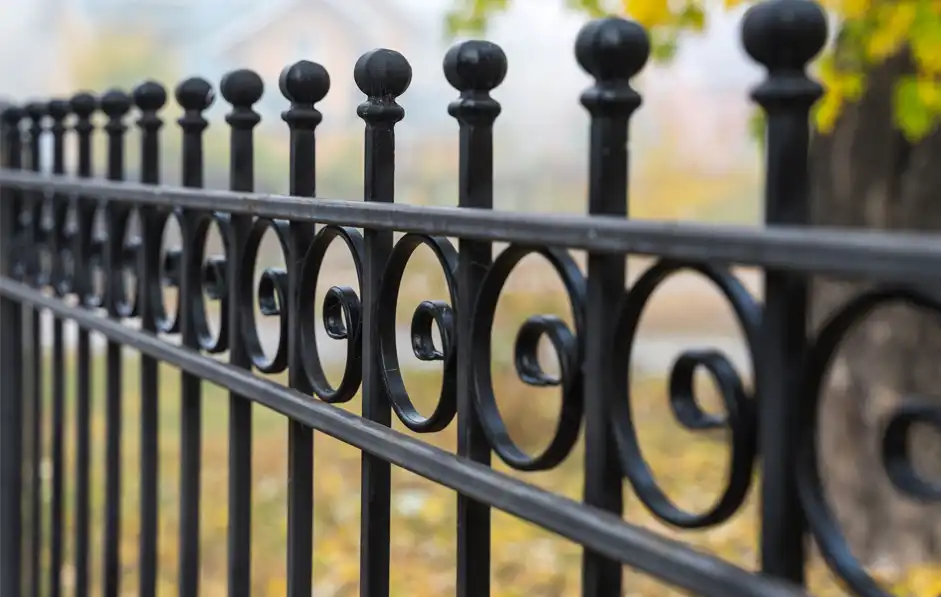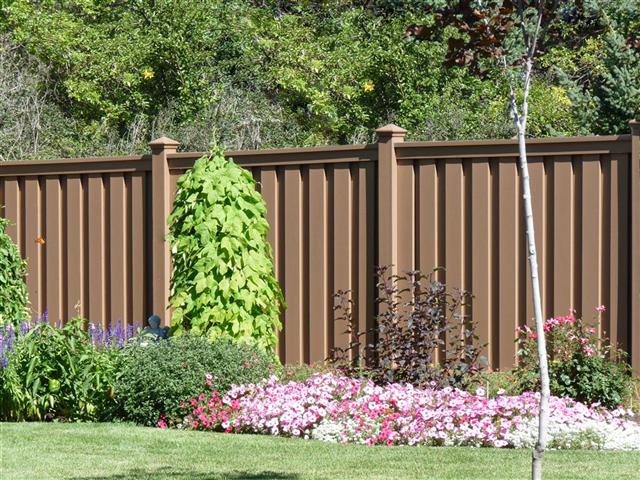All Categories
Featured

Choosing the appropriate fence material is necessary for attaining the balance of toughness, looks, and functionality that matches your building. Timber, plastic, and aluminum are prominent options, each with one-of-a-kind attributes that deal with certain needs. Here's an extensive check out the advantages and disadvantages of these 3 products.
Timber Fencing. Pros:. Ageless Allure: Timber provides an all-natural, traditional appearance that matches numerous building designs. Adjustable: It can be repainted or discolored in a selection of design and colors. Inexpensive: Wood fences are typically more affordable ahead of time than vinyl or aluminum. Eco-Friendly: As a renewable source, timber is naturally degradable and sustainable when sourced responsibly. Disadvantages:. Maintenance-Intensive: Requires regular staining, painting, or securing to shield against climate and bugs. Much Shorter Life-span: Depending upon the kind of timber and environment, it typically lasts 10-15 years. Vulnerability to Damage: Prone to decaying, warping, and termite damage without appropriate care. Timber is ideal for property owners that value appearances and agree to invest effort and time in maintenance to lengthen its life.
Vinyl Secure Fencing. Pros:. Durable: Immune to insects, rot, and climate, vinyl preserves its structure in rough conditions. Low Upkeep: Requires little upkeep beyond periodic cleansing. Long Lifespan: Vinyl can last 20-30 years without considerable wear or damage. Functional Designs: Offered in numerous colors, structures, and styles, consisting of options that mimic wood. Cons:. Expensive Installment: Plastic fences are much more costly to install compared to timber. Brittle in Winter: Plastic can split in severe cool environments. Challenging to Repair work: If damaged, entire sections might need substitute, which can be challenging to match. Plastic secure fencing is a great choice for those prioritizing longevity and minimal upkeep, even if it comes with a greater ahead of time cost.

Light Weight Aluminum Fencing. Pros:. Rust-Resistant: Aluminum does not rust, making it suitable for humid or damp areas. Light-weight yet Strong: Offers strength without being excessively hefty, which streamlines installment. Low Maintenance: Needs little more than cleaning and periodic repainting. Long life: Light weight aluminum fences can last for years without significant deterioration. Sophisticated Styles: Typically utilized for decorative functions, aluminum adds class to any home. Cons:. High Initial Cost: Aluminum fencings are amongst the extra expensive options. Limited Personal privacy: Often created with open areas, they do not obstruct sights or noise. At risk to Dents: While durable, aluminum can be dented or curved with hefty effect. Aluminum is finest fit for those that desire a lasting, elegant fence and do not call for complete personal privacy.
Making the Right Selection. Each material has its weak points and strengths:

Timber is excellent for eco-conscious purchasers and conventional appearances that don't mind maintenance. Plastic works for home owners seeking a weather-resistant, low-maintenance solution. Aluminum is a resilient, decorative alternative for those that want sophistication and durability. Consider your priorities-- whether it's cost, maintenance, look, or personal privacy-- and consult a fencing expert to choose the material that finest meets your needs. A well-selected fence will enhance your home for many years to come.
Latest Posts
Transform Your Home with High Quality Flooring Solutions
Published Apr 21, 25
1 min read
Teen Independence Account: A Smart Start to Financial Self-reliance
Published Apr 21, 25
1 min read
NAPA AutoCare Certified: Rely on Montclare Auto Repair for Top-Tier Repairs
Published Apr 20, 25
2 min read
More
Latest Posts
Transform Your Home with High Quality Flooring Solutions
Published Apr 21, 25
1 min read
Teen Independence Account: A Smart Start to Financial Self-reliance
Published Apr 21, 25
1 min read
NAPA AutoCare Certified: Rely on Montclare Auto Repair for Top-Tier Repairs
Published Apr 20, 25
2 min read